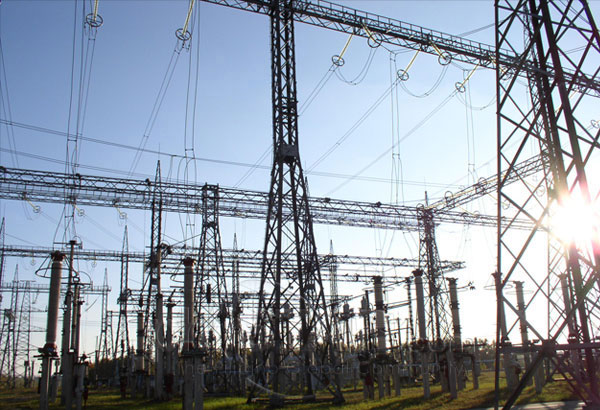Budget shortfall narrows to P75.3 B in July

MANILA, Philippines — The country’s budget deficit narrowed by 12.8 percent to P75.3 billion in July from P86.4 billion in the same month last year as the government adopts an aggressive catch up plan in spending after the delayed passage of the 2019 national budget, according to the Bureau of the Treasury (BTr).
Based on BTr data, government revenues increased by 9.2 percent to P264.1 billion in July from P241.7 billion in the same month last year.
The tax take of the Bureau of Internal Revenue (BIR) increased by 9.9 percent to P180.3 billion in July from P164 billion in the same month last year, while that of the Bureau of Customs (BOC) went up by 4.8 percent to P54.6 billion from P52.1 billion. Collections of other offices rose by 22.3 percent to P1.9 billion in July from P1.6 billion a year ago.
On the other hand, non-tax revenues booked a double-digit growth of 13.1 percent to P27.2 billion in July from P24 billion a year ago.
Revenues of the BTr surged by 22.1 percent to P14.4 billion in July from P11.8 billion a year ago, while that of other revenues inched up by 4.5 percent to P12.8 billion from P12.3 billion.
Government expenditures went up by 3.4 percent to P339.4 billion in July from P328.1 billion last year.
ING Bank Manila senior economist Nicholas Mapa said government expenditures were up by 23 percent from June and 3.4 percent up from last year’s level.
“The government begins the first month of the second half on the right track, showing a decent 3.4 percent pickup in expenditure, while revenue collection remained strong at 9.3 percent,” Mapa said.
The government is accelerating spending in its bid to achieve its gross domestic product (GDP) growth of between six and seven percent this year. The GDP expansion eased to a four-year low of 5.5 percent in the second quarter from 5.6 percent in the first quarter due to the delayed passage of the 2019 budget.
“With the administration looking to chase six percent growth for 2019, the July numbers mirror the stark drawdown in the funds parked with the BSP with the Treasury Single Account seeing a decrease of roughly P100 billion,” he said.
Mapa said the slowdown in government spending was one of the reasons for the easing of the economic growth in the first half.
“So far it looks like the government is hell bent on rolling out the funding to help nudge growth in the right direction,” he said.
For the first seven months, the country’s budget gap narrowed by 57.8 percent to P117.9 billion from P279.4 billion in the same period last year.
Government revenues improved by 9.6 percent to P1.81 trillion from P1.65 trillion with the BIR booking a double-digit growth of 10.5 percent to P1.25 trillion from P1.13 trillion and the BOC with 7.9 percent to P357.7 billion from P331.5 billion.
The Development Budget Coordination Committee (DBCC) has set a revenue program of P3.15 trillion and a spending program of P3.77 trillion for 2019. The government has set a budget deficit cap of 3.2 percent of gross domestic product (GDP) for this year after widening to 3.3 percent of GDP last year from 2.2 percent in 2017.
The Philippines continues to spend more than what it raises from revenue collections, translating to a budget shortfall. To address the gap, the government borrows heavily from both onshore and offshore debt markets.
Moody’s Investor Service said earlier it expects the country’s fiscal deficit to narrow significantly to two percent of GDP this year before widening to three percent in 2020, largely reflecting the negative impact of the budgetary delay.
Although the government has formulated aggressive catch-up plans for spending in the second half, Moody’s said it is unlikely to fully execute its budget.
“Nevertheless, in light of the budget delay, the validity of the appropriations for infrastructure spending in the 2019 budget have been extended to the end of 2020; previously, as part of administrative budget reforms that helped improve budget execution, the validity of all appropriations were limited to the year in which the corresponding budget was passed,” it said.
- Latest
- Trending





























